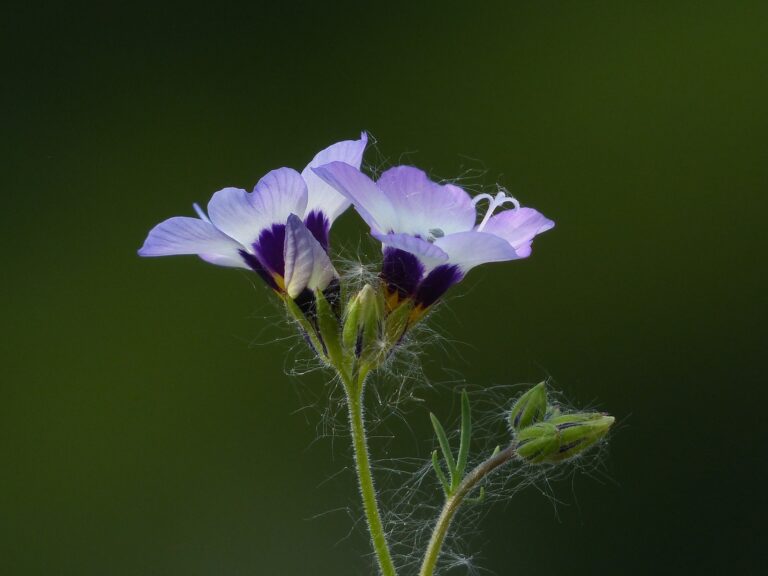There are many herbs that are believed to be helpful in managing depression symptoms. However, it’s important to note that herbs should never be used as a substitute for professional medical advice and treatment. Here are 10 herbs that are often recommended for depression:
- St. John’s Wort: This herb is one of the most popular natural remedies for depression. It’s believed to work by increasing the levels of serotonin in the brain.
- Lavender: Lavender is known for its calming and relaxing properties, which can help ease anxiety and depression symptoms.
- Chamomile: Chamomile is a gentle herb that can help reduce anxiety and promote relaxation. It’s often used to help people sleep better, which can be especially helpful for those with depression.
- Ashwagandha: This herb is an adaptogen, which means it helps the body cope with stress. It may also help regulate cortisol levels, which can be elevated in people with depression.
- Rhodiola: Rhodiola is another adaptogenic herb that may help reduce symptoms of depression and anxiety.
- Passionflower: This herb is often used to help ease anxiety and promote relaxation.
- Lemon balm: Lemon balm is a mild sedative that may help reduce anxiety and promote relaxation.
- Ginseng: Ginseng is an adaptogenic herb that may help reduce symptoms of depression and anxiety.
- Valerian: Valerian is a sedative herb that may help reduce anxiety and promote relaxation.
- Saffron: Saffron is a spice that has been studied for its potential antidepressant effects. It may help regulate levels of serotonin and other neurotransmitters in the brain.

